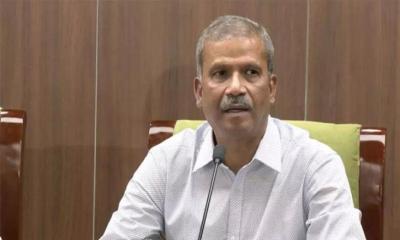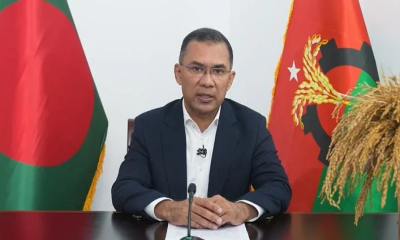At the COP29 opening on Monday, ActionAid urged wealthy, high-emission countries in the Global North to increase climate financing to the Global South. The organization emphasized that without adequate funds for adaptation, mitigation, and loss and damage, climate goals will be unachievable.
ActionAid’s Global Climate Justice lead, Teresa Anderson, said, “COP29 is about the new climate finance goal to support climate action in the Global South. Without finance, any talk of climate action remains just that – talk. If we’re serious about climate action, we have to fund it."
She criticized the disparity in spending, noting that in 2022, developed countries provided only $28-35 billion in climate grants to the Global South—less than the $71 billion spent globally on ice cream that year. “We can’t prevent a planetary crisis by spending more on ice cream than on climate finance,” Anderson asserted.
Bangladeshi community member Mosammat Dulali shared her experience of increasing climate disasters, recounting how recent years, particularly 2024, saw unprecedented storms, causing extensive losses in lives, homes, and livelihoods in Bangladesh. She highlighted the severe impacts of rising salinity and changing weather, which are damaging crops and fish supplies, worsening food insecurity.
“We need global action now to address these climate disasters. If this continues, there may not be a community left to protect,” Dulali warned.
Nura Ahmed Mohamed, ActionAid’s country programme manager in Somaliland, spoke of the disproportionate impact of climate change on women and girls, particularly through frequent droughts and floods. “Climate change is more than an environmental crisis – it’s a humanitarian disaster with severe gendered impacts. Increasing droughts and flash floods threaten families’ lives and livelihoods, with women and girls suffering the most.”
She explained that women shoulder much of the caregiving, food production, and resource management, while food shortages and displacement have driven up rates of child marriage and school dropouts among girls.
Michelle Higelin, executive director of ActionAid Australia, urged Australia to uphold its commitments to Pacific nations confronting climate threats. “Australia often speaks of supporting our Pacific neighbors through the climate crisis – now is the time to act. This new climate finance goal is the most important agreement since Paris and will shape the future of millions, especially women, in vulnerable regions worldwide.”
Higelin urged Australian Minister Chris Bowen to use his role as co-chair of negotiations to ensure robust climate financing from wealthy countries, stressing that Pacific Island nations, with minimal contributions to the climate crisis, now face existential threats.


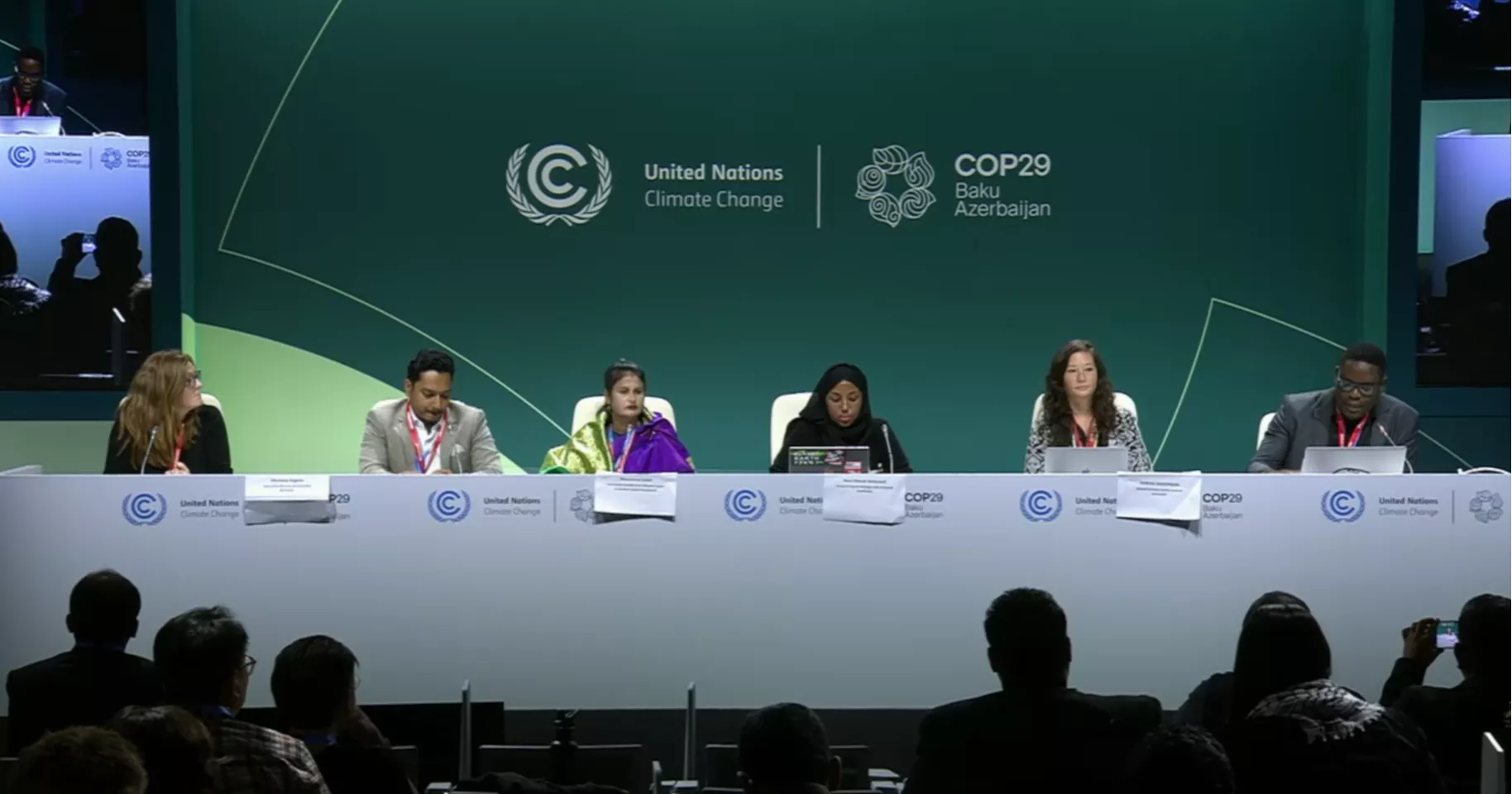

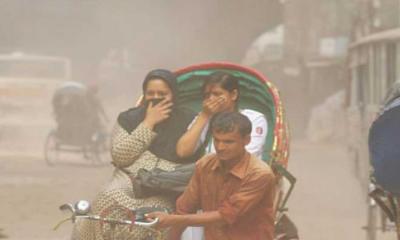
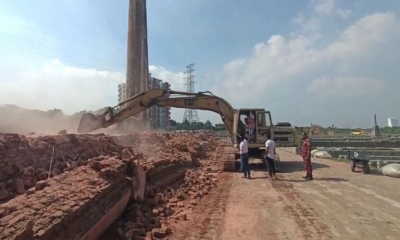
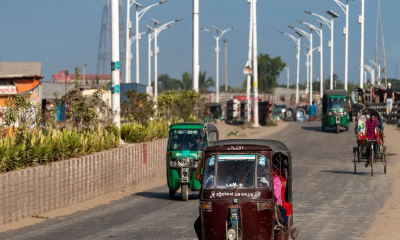
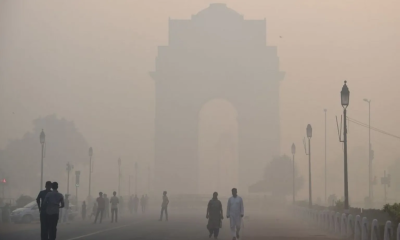
-20251226051932.jpeg)
-20251222051606.jpeg)
-20260216115008.webp)







-20260216055149.webp)





